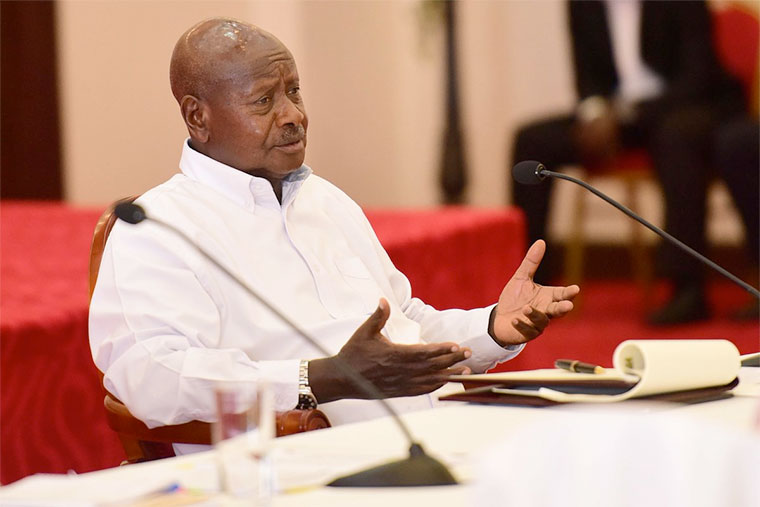As Uganda joins the rest of the World to celebrate the World AIDS Day under the theme National Solidarity and a Shared Responsibility Towards Ending AIDS, the country has been ranked among the top 14 countries globally to have achieved the UNAIDS 2nd and 3rd targets, i.e. 90% of all People living with HIV being put on treatment.
The UNAIDS, in December 2013, launched a programme to support country and region-led efforts to establish new targets for HIV treatment scale-up beyond 2015.
As a result, three targets were set to drive momentum on HIV treatment and these were that countries work towards 90 % of people living with HIV knowing their status by 2020, by 2020, 90% of all people with diagnosed HIV infection will receive sustained antiretroviral therapy and by 2020, 90% of all people receiving antiretroviral therapy will have viral suppression.
The country’s efforts to stem the spread of the scourge date back to the early 80s when President Yoweri Museveni took on a military approach against the infection that was first destroying lives and livelihood of Ugandans.
Fresh from liberating Uganda from a dictatorship, in the early 1990s, President Museveni became the first African President to openly speak out against HIV which had become a taboo subject among peer Africa leaders.
For the President, it was counterproductive to stay quiet as Ugandans lived in fear. Thousands dropped dead from a disease that had baffled scientists. Graves littered across the country and young children have left orphans, many aged as young as five, having to fend for their siblings.
The country began to deal with stigma, many came out to test and change behaviour, while those already infected took on treatment.
The high rates of HIV infections created the demand for testing and counselling services. As such, a group of organisations, including The Aids Support Organisation, Uganda Redcross Society, Nsambya Home Care, the National Blood Bank and the Uganda Virus Research Institute together with Ministry of Health established the Aids Information Centre, the first voluntary testing and counselling centre in Africa in 1990.
In the same year, Uganda opened the Joint Clinical Research Centre, a collaboration of the Ministries of Health, Defence and Makerere University School of Public Health.
Since then the centre has researched HIV, Tuberculosis and Malaria with support from the World Health Organisation, United States Aid Agency and others that have made it a centre of excellence on research and innovation in the fight against HIV.
Uganda has also since started manufacturing antiretroviral drugs under a public-private partnership at Quality Chemicals Industry in Luzira, Kampala.
Uganda ha s since 1990 approached the HIV/Aids scourge as more than a health issue. The Uganda Aids Commission devised a national HIV/Aids policy that spells out approaches ranging from promoting condom use, preaching abstinence and faithfulness to the promotion of the prevention/elimination of mother to child transmission policies (PMTCT). According to the World Health Organisation, 41,000 women received PMTCT services in 2001.
With strong political leadership and an open multi-sectoral approach, Uganda’s response in the fight against HIV/Aids is arguably the most effective national response to the pandemic in sub-Saharan Africa, according to Wikipedia.
It, therefore, comes as no surprise that the HIV prevalence rates in the general population have since reduced from about 18% in the 1990s down to the current 6%.
Today’s event provides a powerful platform for community mobilization as we pursue the Presidential Fast Track Initiative (PFTI) for Ending AIDS as a public health threat in Uganda by 2030.c




